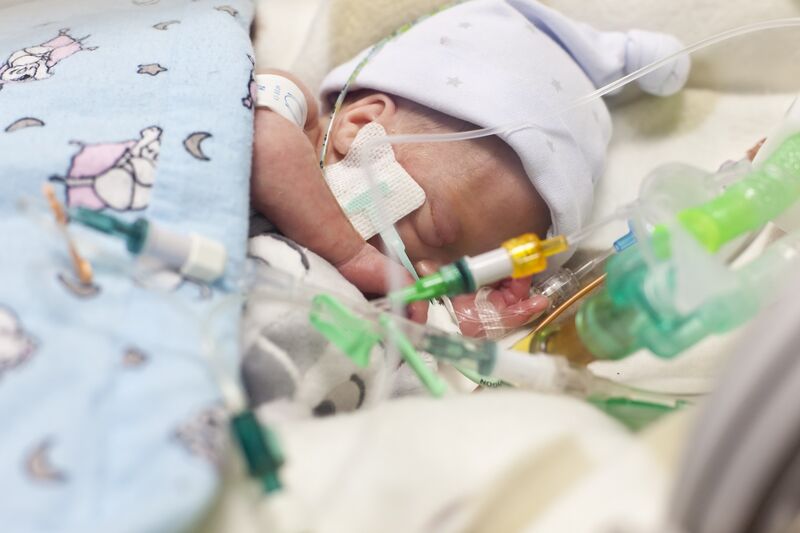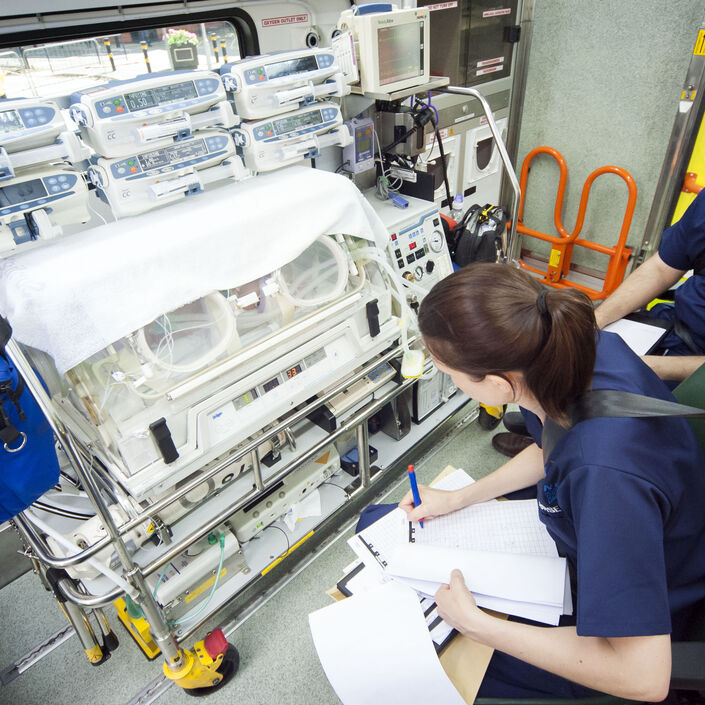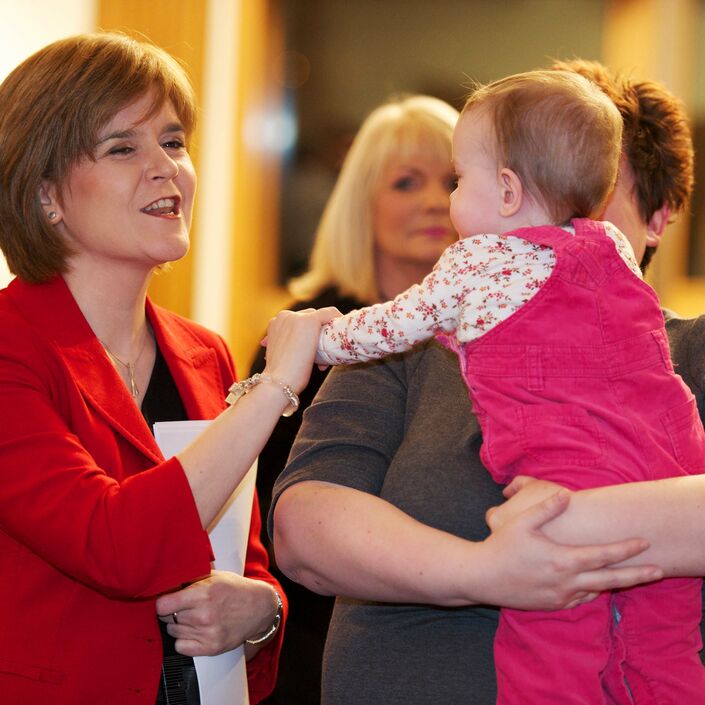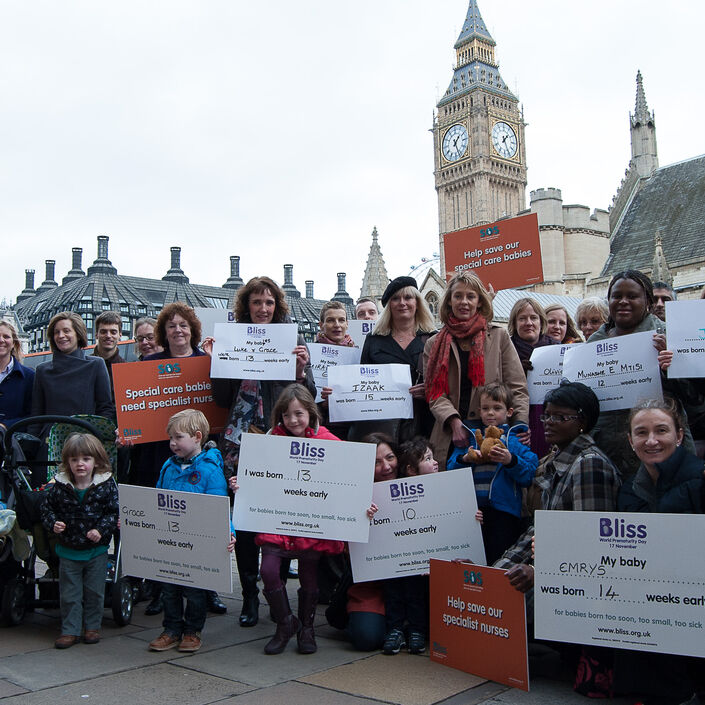Neonatal services under pressure
Nurses and doctors caring for our most vulnerable babies do an incredible job but are often stretched too thin. The Bliss baby report 2016: time for change, shows that eight out of ten hospitals providing neonatal care do not have enough nurses to staff all of their cots, and half do not have enough doctors. This has resulted in nearly a quarter of all emergency transfers of babies taking place due to a lack of staffed cots rather than medical need, putting babies at unnecessary risk and adding to families’ stress and worry.
Services are also lacking vital support to enable parents to be fully involved in their babies’ care, with none of the most specialist hospitals able to provide enough overnight accommodation for parents of critically ill babies. And half of all hospital units had no access to psychological support for parents.
What we want
We are calling for urgent action from the Welsh Government and Health Boards to address the challenges our research has identified. In particular, we are calling for:
- investment in more training places for children’s nurses, which is essential to close the neonatal nursing gap that exists in Wales
- national leadership and direction for paediatric medical workforce planning, to address critical shortages of doctors in Wales in both the immediate and longer term
- free overnight accommodation, facilities for making drinks and preparing simple meals, and meal vouchers or free hospital meals, to be made available for all parents with babies in neonatal care
- action to improve access for parents to psychologists, counsellors and other mental health workers.



